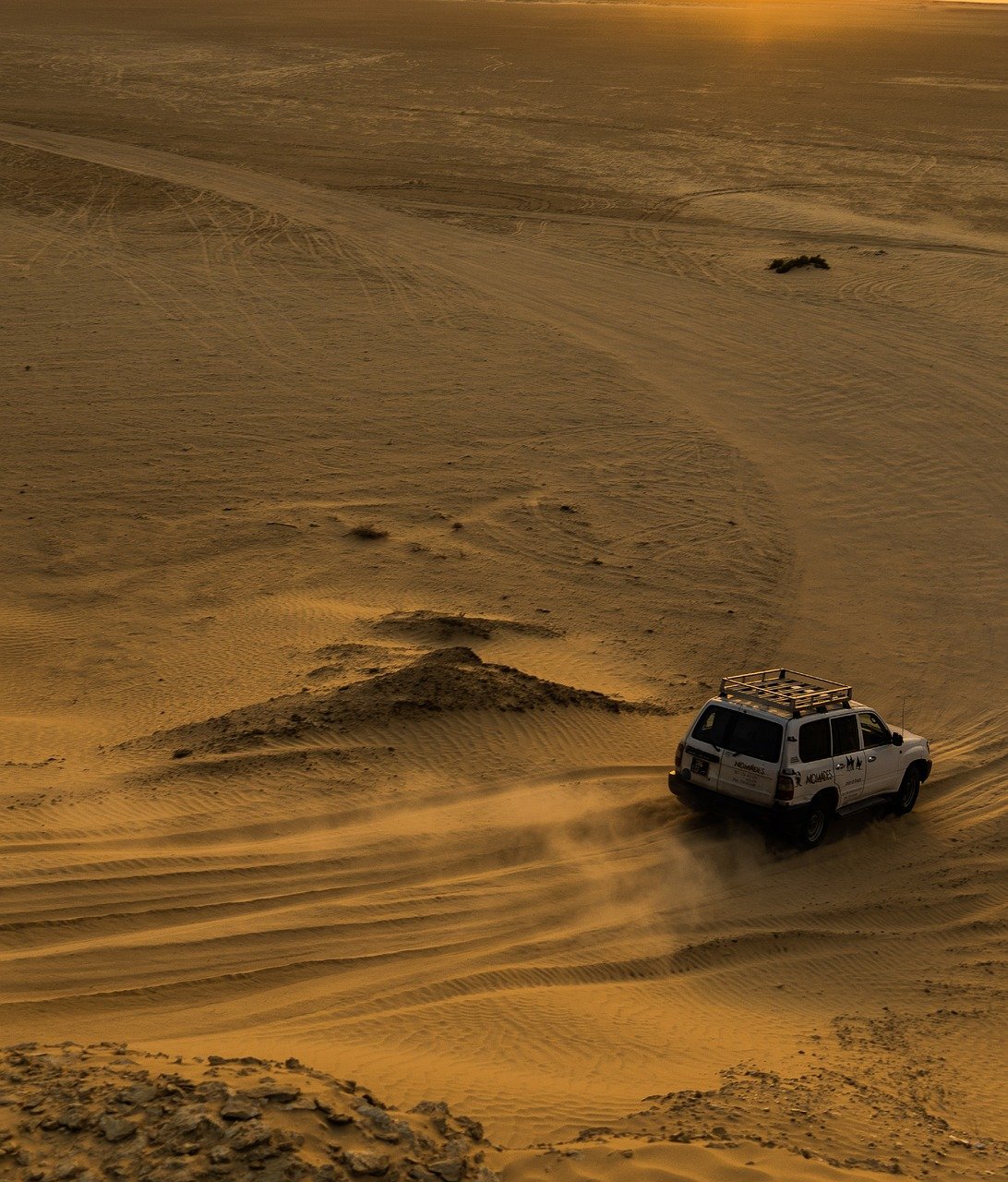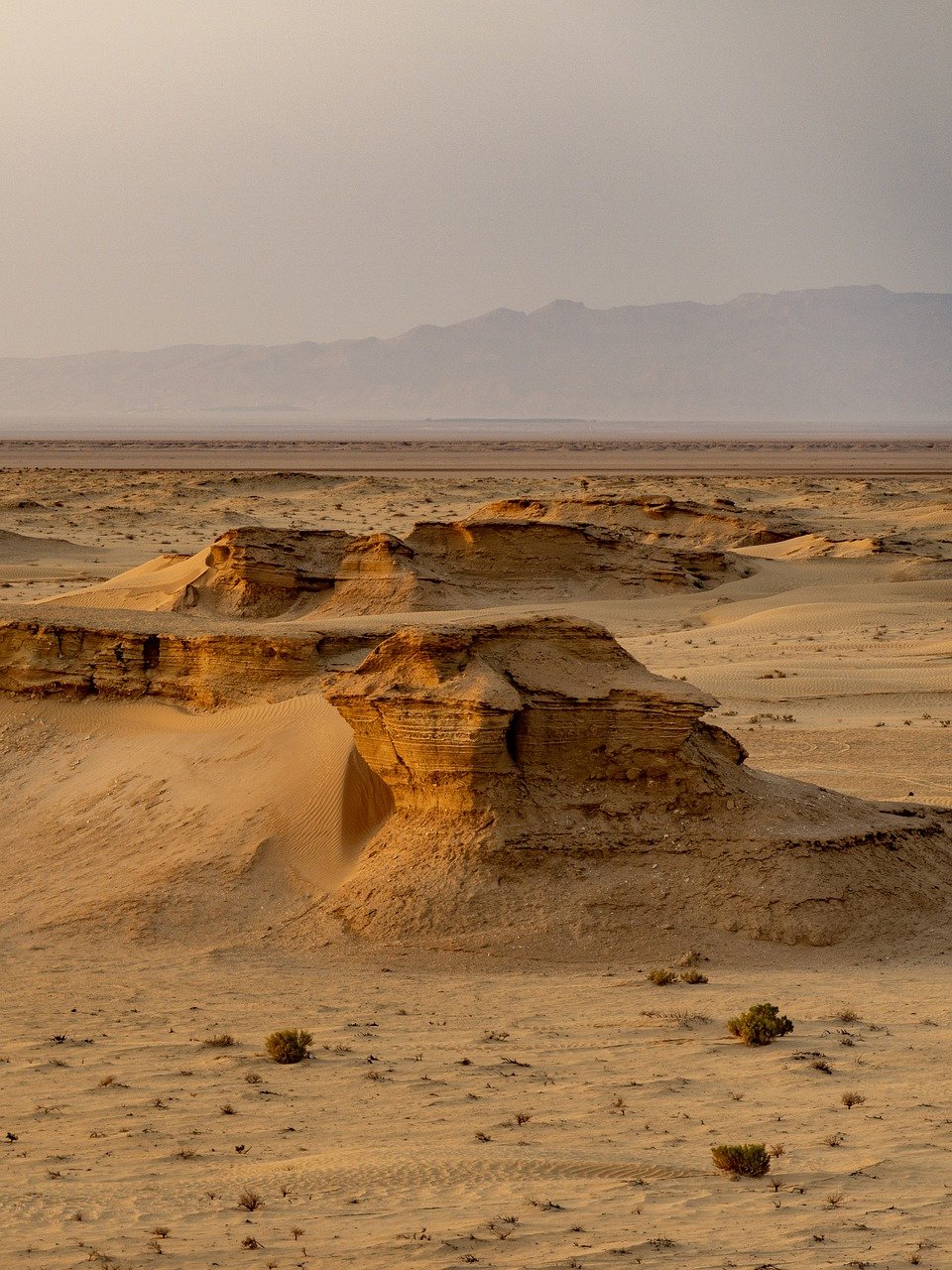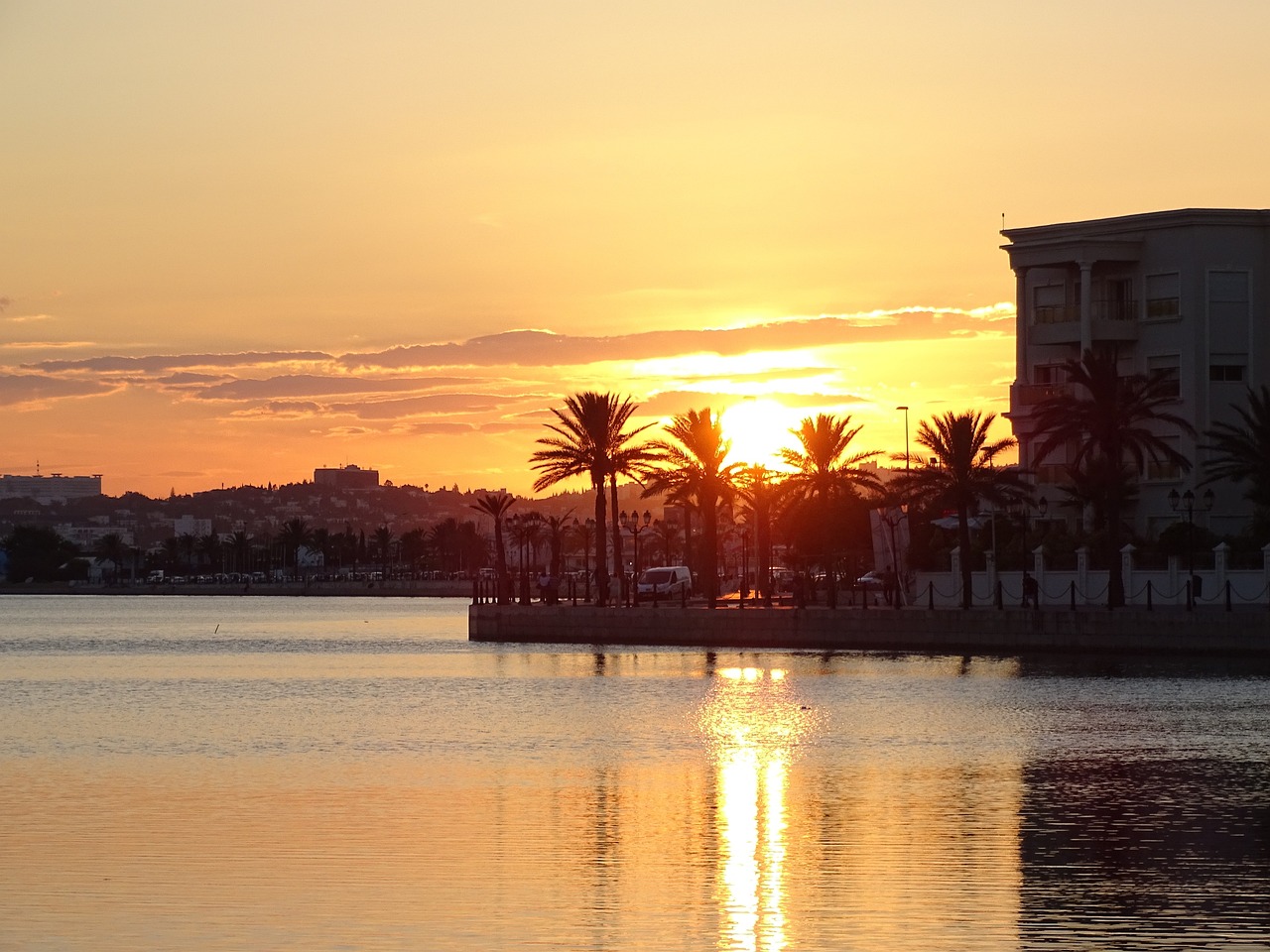Getting Around: Transportation Tips for Tunisia
Tunisia, located in North Africa, is a beautiful country with a rich history and diverse landscapes. Whether you’re exploring ancient ruins, relaxing on stunning beaches, or wandering through vibrant cities, getting around Tunisia is an essential part of your travel experience. This article will provide you with transportation tips to help you navigate the country efficiently and make the most of your trip.
Public Transportation
Public transportation in Tunisia is a convenient and affordable way to travel between cities and towns. Here are some key points to keep in mind:
- Trains: The national railway company, Société Nationale des Chemins de Fer Tunisiens (SNCFT), operates a network of trains that connect major cities. Trains are generally reliable and offer a comfortable mode of transportation. It is advisable to book your tickets in advance, especially during peak travel seasons.
- Buses: The bus network in Tunisia is extensive and covers both short and long distances. Various companies operate bus services, including the state-owned Société des Transports de Tunis (STT). Buses are a popular choice for intercity travel, and they are known for their affordability and frequency.
- Shared Taxis: Shared taxis, known as “Louages,” are a common sight in Tunisia. These taxis follow specific routes and can be flagged down along the roadside. Louages are a convenient option for traveling between towns and cities that may not have direct bus or train connections. They can be a bit crowded, but they offer a unique opportunity to interact with locals.
Tunisia Image 1:

Taxis
Taxis are readily available in Tunisia, and they provide a flexible mode of transportation within cities and towns. Here are some important details to consider:
- Official Taxis: Official taxis in Tunisia are usually color-coded in yellow, and they have meters to calculate fares. Make sure the meter is running when you start your journey. Taxis can be hailed from designated taxi ranks or flagged down on the street.
- Negotiating Fares: In some cases, such as short trips or when traveling to remote areas, taxis may not use the meter. In these situations, it is important to negotiate the fare in advance to avoid any misunderstandings. It is recommended to have an idea of the approximate fare before starting your journey.
- Private Taxis: Private taxis, also known as “Grand Taxis,” are larger vehicles that can accommodate multiple passengers. These taxis operate on fixed routes, similar to shared taxis, and are an alternative option for intercity travel.
Tunisia Image 2:

Car Rental
Renting a car in Tunisia provides the freedom to explore the country at your own pace. Here are some important considerations when renting a car:
- Driving License: To rent a car in Tunisia, you must have a valid international driving license or an international driving permit (IDP) along with your regular driver’s license. Make sure to carry both documents with you while driving.
- Traffic Rules: Familiarize yourself with the local traffic rules and regulations before hitting the road. In Tunisia, driving is on the right-hand side of the road, and seat belts are mandatory for all passengers.
- Road Conditions: While major roads in Tunisia are generally well-maintained, some rural areas may have rough or unpaved roads. It is advisable to choose a suitable car based on your travel plans and the terrain you expect to encounter.
Tunisia Image 3:

Cycling
For the adventurous travelers, cycling is a unique way to explore Tunisia’s landscapes. Here are some tips for cycling enthusiasts:
- Bike Rentals: Several cities in Tunisia offer bike rental services, allowing you to explore urban areas on two wheels. Look for rental shops or bike-sharing programs available in your destination.
- Rural Cycling: Tunisia’s countryside offers scenic routes for cycling enthusiasts. However, it is important to plan your routes in advance, carry necessary supplies, and be aware of the local traffic conditions.
- Safety Precautions: Always wear a helmet and high-visibility clothing while cycling. It is also recommended to carry a basic repair kit and have a map or GPS device to navigate your way.
Conclusion
Exploring Tunisia is a rewarding experience, and efficient transportation is key to making the most of your trip. Whether you choose public transportation, taxis, or opt for a car rental, understanding the available options and following the necessary guidelines will ensure a smooth and enjoyable journey. Embrace the diversity of Tunisia’s landscapes and immerse yourself in the country’s rich culture and history.
References
– www.sncft.com.tn (Société Nationale des Chemins de Fer Tunisiens)
– www.stt.com.tn (Société des Transports de Tunis)

